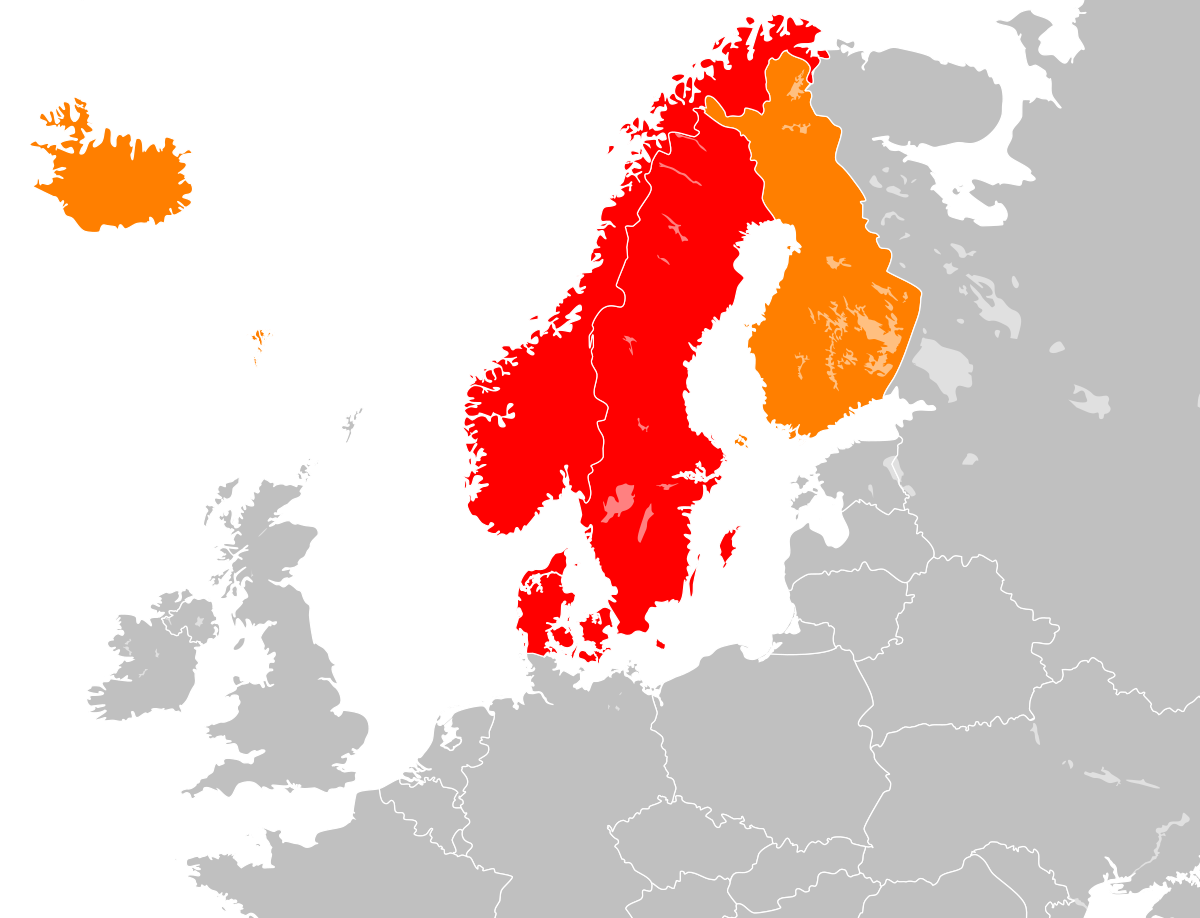I once held capitalistic values myself. Or, more specifically, I was raised with the same ideals about the American Dream and how America was the leader of the free world and the greatest nation to ever exist in all of human history. The word "capitalism" didn't necessarily come up all that often, but instead, one would hear terms like "freedom," "democracy," "liberty for all," the "American way of life," etc. I was in kindergarten when the Moon landings took place, which was also a great source of American pride and glory. I would also hear about and see images on TV of places overseas, where people were living in destitution, starving, with a narrator asking viewers to send donations.
At such a young age, I didn't know all the reasons why or how, but I did become aware that I should be thankful that I was born in such a bountiful, wealthy, comfortable society - as opposed to most of the rest of the world which...wasn't quite so nice. I would hear about it at every meal, if ever I seemed finicky or unwilling to eat my peas.
Things kind of fell apart in our family when my parents got divorced when I was 6. Up until that point, we had been a typical middle-class American family - neither rich nor poor. My dad was a conservative patriot and a hard-working, law-abiding citizen. My mother was more liberal and tended to side with the hippies of the time, even though she was 10 years older than the average hippie back then.
As I started to become more aware about the world, I came to understand more about the Cold War and about this thing called "communism" that appeared to get everyone all upset and bothered. It was also emphasized that American capitalism was vastly different than in other countries or in previous times, mainly due to rise of a strong and robust labor movement supported by liberals, which prevented the dreadful conditions which contribute to public dissension and radicalism associated with communism.
It probably wasn't until I was in college, during the Reagan era, that I started to become more and more socialistic in my outlook. I also considered myself as having a social consciousness, what some people derisively refer to as "woke" nowadays. I believed in equal rights and social justice. I was a supporter of Jesse Jackson's campaign when he was running for President. People criticized him for being "too radical," but my thought at the time was: What's wrong with being radical? I was also a fan of Governor Jerry Brown and Ralph Nader, who were not really socialists, but they were still friendly to the working classes and the ordinary people. The fact that they got sidelined and ridiculed by people from their own political party started me towards losing faith in that party. They were no longer the party of the working man, and I was convinced that socialism was the way to go at that point.
I also came to realize that the abstract, ideological arguments over comparative "economic systems" were essentially meaningless. There are no "economic systems," only political systems.



